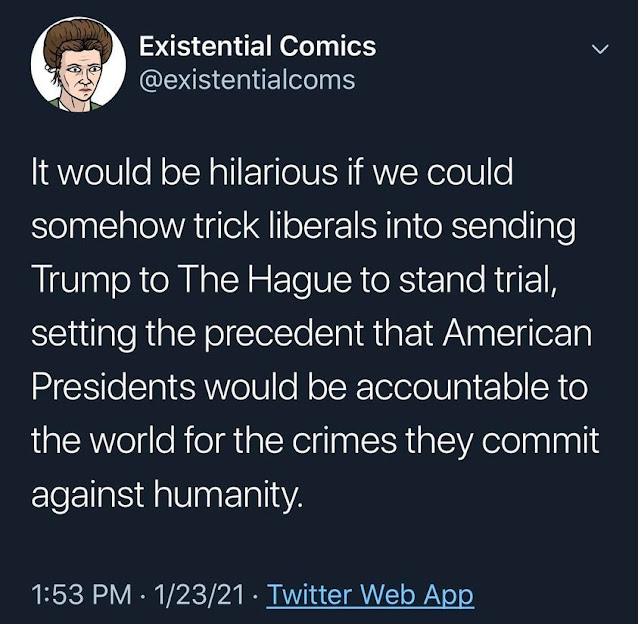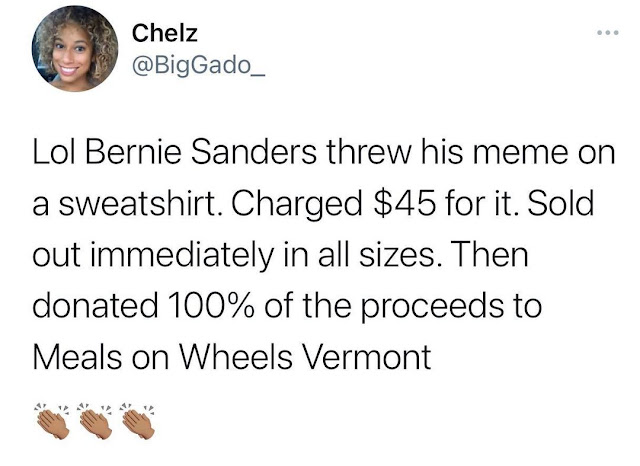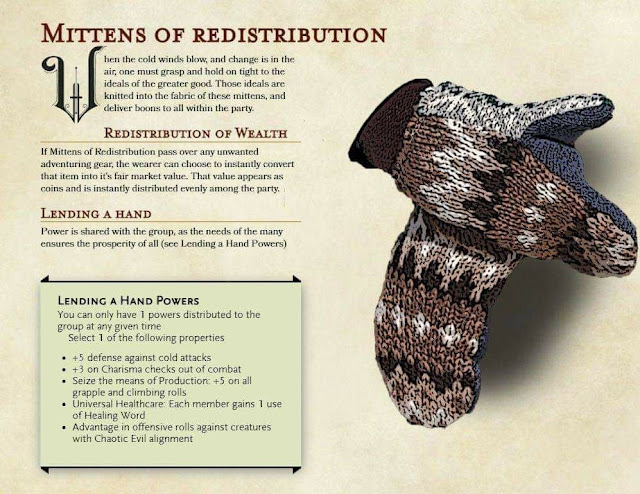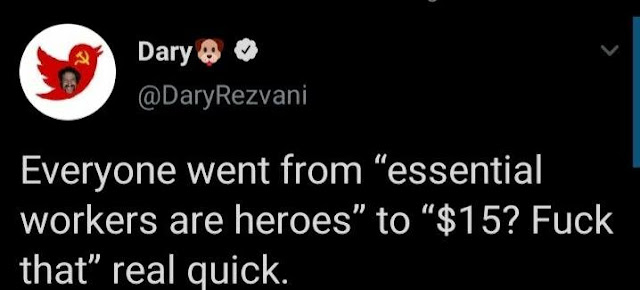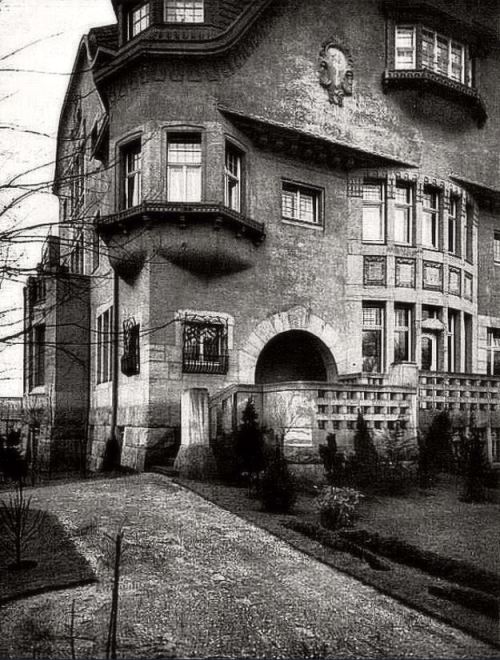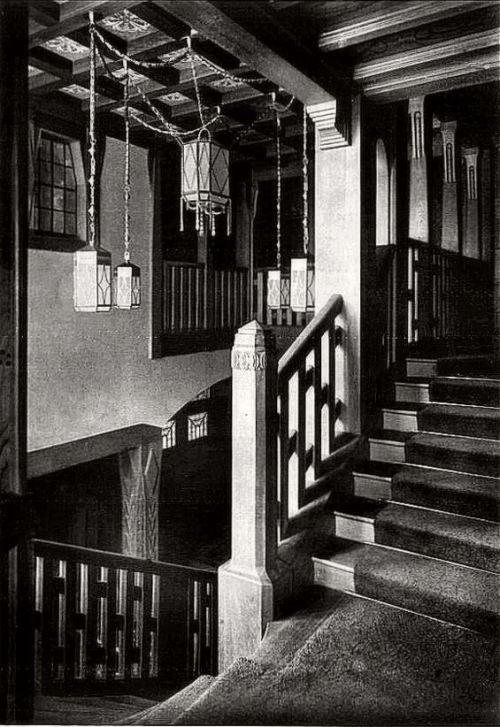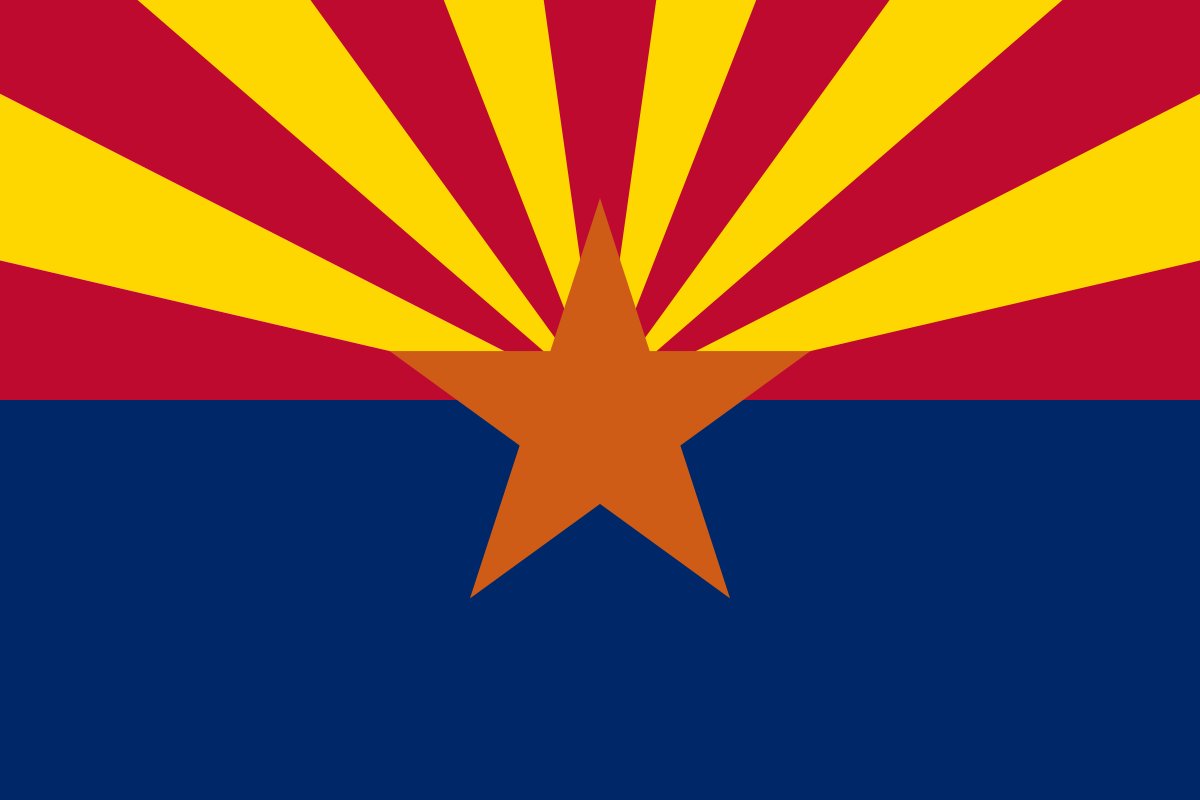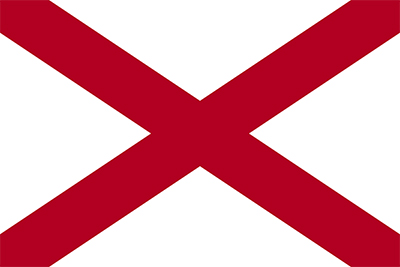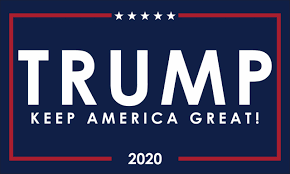Having thus excluded conversation and desisted from study, he had neither business nor amusement. His ideas, therefore, being neither renovated by discourse nor increased by reading, wore gradually away, till at last his anger congealed into madness.

Saturday, January 30, 2021
Friday, January 29, 2021
Thursday, January 28, 2021
Tuesday, January 26, 2021
Monday, January 25, 2021
Sunday, January 24, 2021
"In the South after the Civil War, under the protection of federal troops and a radical Republican Congress, black legislators in coalition with white allies from the North and from the South’s poorer regions set to work rebuilding their states’ infrastructure and constructing a public school system. Reconstruction-era economic policies were relatively moderate, eschewing land reform, but included new forays in social spending in support of the poor and sick, as well as efforts to increase the taxes paid by landowners.
Across the South, the planter class engaged in massive resistance to the new state governments. The campaign came to be known as the “Redemption” of the South, and its participants as “Redeemers.” In South Carolina, democratic rule posed a particularly big obstacle to the opponents of Reconstruction; the majority of the state was black, and under universal male suffrage, a majority of the state legislature was black, too.
South Carolina’s white elite developed a two-part strategy of opposition. First, they focused their critique of Reconstruction on rising government debt and excessive spending, painting government by black people and poor whites as intrinsically corrupt. Adopting a new identity as concerned taxpayers helped the rich bridge the divide with small white farmers, for whom new land taxes were heavy, while avoiding explicit opposition to black male suffrage, which might smack of treason to Northerners.
While the opponents of Reconstruction were painting themselves as staid and respectable fiscal conservatives, they were simultaneously engaged in a radical plan to subvert democratic elections across the South. In principle, the Redeemers’ open campaign of voter suppression, political intimidation, and violence risked further federal intervention, but the North was losing the will to defend black political freedom. In fact, wealthy Northerners—even those who had been strongly anti-slavery—began doubting the logic of universal male suffrage as it empowered the immigrant working class in their cities. The political identity of the “taxpayer” was born in this reaction to black freedom and working-class political power, and it has existed ever since to oppose the specter of a multiracial working-class alliance.
—-
Most remarkably, however, the Tax-Payers also insisted that they were not motivated by racism. In his 1874 opening address, convention president Porter claimed that the problem with South Carolina’s Reconstruction government was not a matter of “race, or color,” but “simply and exclusively” that the government was run by those who did not own property.
Emphatic color-blindness was, to say the least, a recent development in the public rhetoric of South Carolina’s white elite. As recently as 1868, a number of Tax-Payers had signed a petition to the U.S. Congress, entitled a “Respectful Remonstrance on Behalf of the White People of South Carolina,” that opposed black male suffrage because “the superior race is to be made subservient to the inferior.” Porter himself had argued that black people had “traits, intellectual and moral,” and “credulous natures” that left them with an “incapacity” to rule.
At their Tax-Payers’ Conventions, however, these same men, despite sporadic remarks on the “negro character,” no longer officially identified themselves as advocates on behalf of the white race; they were simply representatives of the “over-burthened tax-payers.” This self-appointed role was ironic: as slaveholders, the Southern elite had done everything in their power to cripple the tax capacity of both their states and the federal government. Now, the South Carolina Tax-Payers called into question the right of black people and poor whites to govern because they believed these voters did not pay a substantial amount of taxes. “They who lay the taxes do not pay them, and that they who are to pay them have no voice in the laying of them,” Porter asserted, wondering if “a greater wrong or greater tyranny in republican government” could be conceived.
As W.E.B. Du Bois would later explain in Black Reconstruction in America, the “fact that poor men were ruling and taxing rich men” was the “center of the corruption charge” made by wealthy Southern whites against the Reconstruction governments. The Tax-Payers deemed all government spending under Reconstruction suspect, so they did not feel obliged to engage in subtle, or even plausible, analyses of public finance. For instance, the Tax-Payers consistently compared pre- and postwar expenses, ignoring the fact that emancipation had doubled the state’s citizen population while war had decimated its infrastructure and economy. There was no need to specify what particular spending was objectionable—which was convenient, because a number of the Tax-Payers were themselves involved in rather shady dealings involving railroads and government bonds.
The fundamental problem for the Tax-Payers was their numerical inferiority in a system of majority rule. They estimated that South Carolina had 60,000 taxpayers, and “90,000 voters who pay no taxes.” “
BTW... (Diners)
I'd say part of the problem is that there are several distinct types of diners, making it difficult to suss-out what your Platonic Ideal may be.
1. The truly vintage 1920'/30's workman's diner: Blue and White Grill, and variants that exist in some hole in the wall in most industrial era towns throughout the northeast.
2. The reproduction 1940'/50's streamlined faux Pullman car, chrome, Formica, and neon diners mysteriously owned and run by a Greek family cartel in innumerable locales as if they were independent. (note the enormous menu)
3. The 1070's/80's stripmall and roadside "family restaurant" type with sketchy christian vibe that only exclusively use heat-and-assemble frozen pre-packaged goods from Sam's Club or a restaurant supply semi-truck. Failing miserably at any basic preparation technique of the few things that must be made from actual things. (any eggs, knowing the difference between a grill and a griddle, etc..)
4. Chain franchises (Denny's, Bob Evan's, IHOP, etc.)
5. Waffle House
Saturday, January 23, 2021
Thursday, January 21, 2021
Wednesday, January 20, 2021
Tuesday, January 19, 2021

Our 2020 report on violent hate crimes worldwide is now publicly available here.
If you think tracking violent hate crimes worldwide is important, please support our research by clicking here.
BTW... (an inconvenient king)
The United States has convinced so many people that MLK day is a day of service. MLK wasn't interested in "service," he was interested in the redistribution of wealth to render poverty obsolete. Less service, more redistribution. He was called “the most dangerous man in America” by the FBI, not because he was interested in community service, but because he was promoting anti-militarism and anti-capitalism.
He was organizing a poor people's campaign to use direct action against the US government for maintaining economic inequality, not to "help out poor people," but to end the idea of poor people.
People will remind us that King practiced non-violence. That is a half truth. MLK practice non-violent DIRECT ACTION. He and others physically put their bodies on the line against the U.S. government, against state and local governments, against police. The "direct action" is often left out because the people we protest against wants you to think that non-violence means inaction and it does not. Non-violence also does not mean peaceful. They don't want non-violent direct action. They don't want any action at all.
So yes, clean your neighborhoods, plant your flowers, donate or whatever other service you want to do, but if you want to be in King's tradition of building a beloved community, join an organization, do political education, engage in nonviolent direct action, call out racism, capitalism, and militarism.
BTW... (an inconvenient creed)
"'The unborn' are a convenient group of people to advocate for. They never make demands of you; they are morally uncomplicated, unlike the incarcerated, addicted, or the chronically poor; they don't resent your condescension or complain that you are not politically correct; unlike widows, they don't ask you to question patriarchy; unlike orphans, they don't need money, education, or childcare; unlike aliens, they don't bring all that racial, cultural, and religious baggage that you dislike; they allow you to feel good about yourself without any work at creating or maintaining relationships; and when they are born, you can forget about them, because they cease to be unborn. It's almost as if, by being born, they have died to you. You can love the unborn and advocate for them without substantially challenging your own wealth, power, or privilege, without re-imagining social structures, apologizing, or making reparations to anyone. They are, in short, the perfect people to love if you want to claim you love Jesus but actually dislike people who breathe.
Prisoners? Immigrants? The sick? The poor? Widows? Orphans? All the groups that are specifically mentioned in the Bible? They all get thrown under the bus for the unborn."
—David Barnhart, Methodist pastor
Monday, January 18, 2021
Sunday, January 17, 2021
Friday, January 15, 2021
Thursday, January 14, 2021
Wednesday, January 13, 2021
https://threadreaderapp.com/thread/1349142068061478912.html
(THREAD) Over the past week, this feed has compiled over 250 major-media reports about the January 6 insurrection Trump incited. Evidence of a four-pronged seditious conspiracy has emerged. I summarize this evidence—all previously posted—here. I hope you will read on and RETWEET.
Trump
Giuliani
Rep. Biggs (R-AZ)
Rep. Gosar (R-AZ)
Rep. Brooks (R-AL)
Sen. Tuberville (R-AL)
Arizona Proud Boys
Alabama Attorney General Steve Marshall
▪️ Ali Alexander, far-right activist
▪️ Roger Stone, friend and advisor to the president
▪️ Paul Manafort, former Trump campaign manager
▪️ Donald Trump Jr., son of the president
▪️ Took its tagline from Roger Stone;
▪️ was planned by a company Stone's associate Manafort worked for;
▪️ was allegedly part of a plot hatched by Biggs, Gosar, and Brooks;
▪️ featured Brooks, Trump, and Jr. inciting insurrection.
The men identify themselves as the Arizona Proud Boys.
He "repeatedly" refused to call out the Guard.
This seems to suggest public officials are being criminally investigated. Perhaps ones I mentioned here.
• • •



